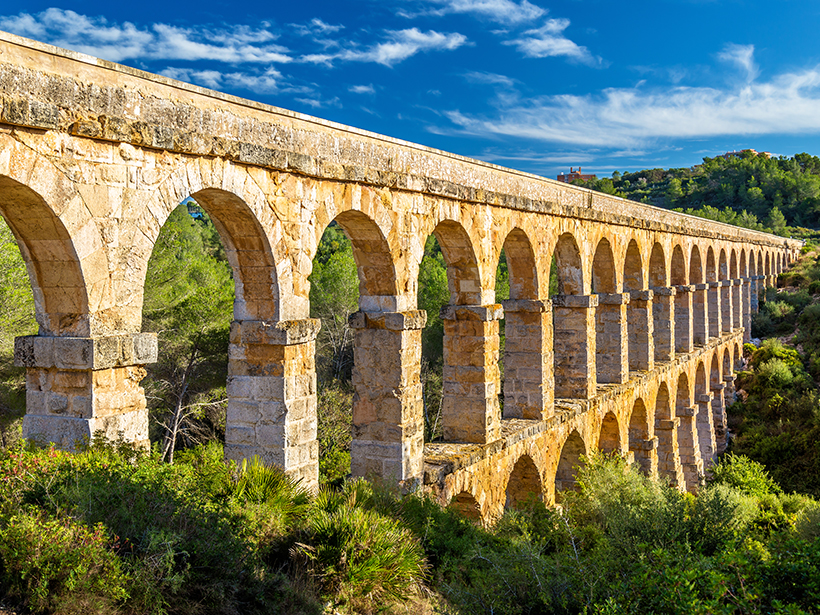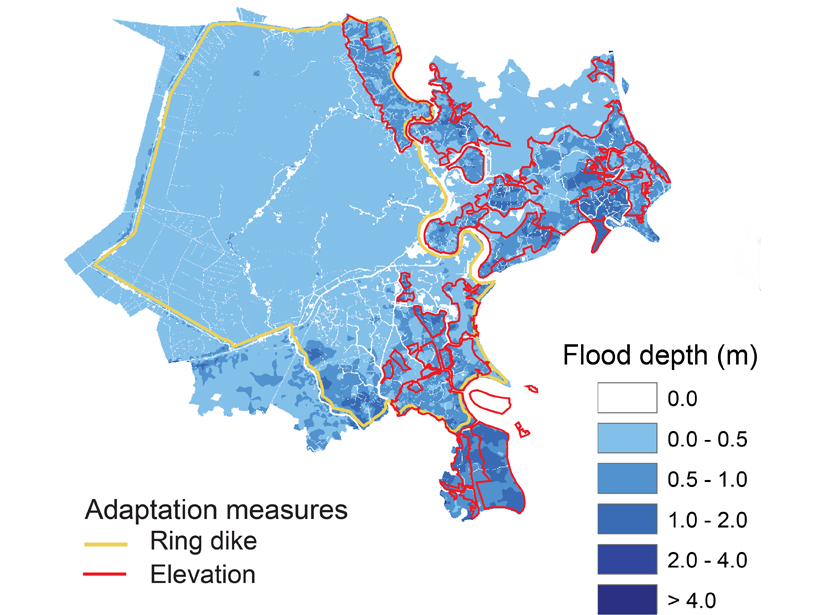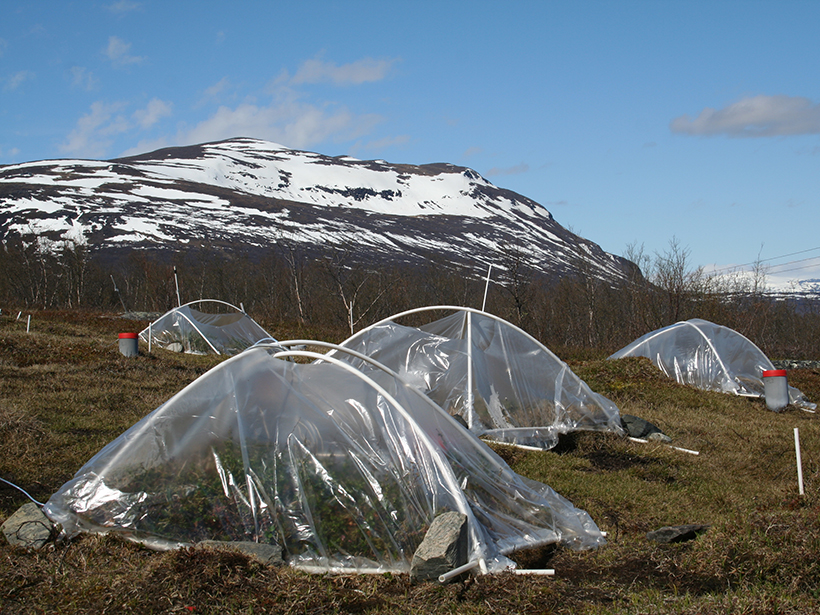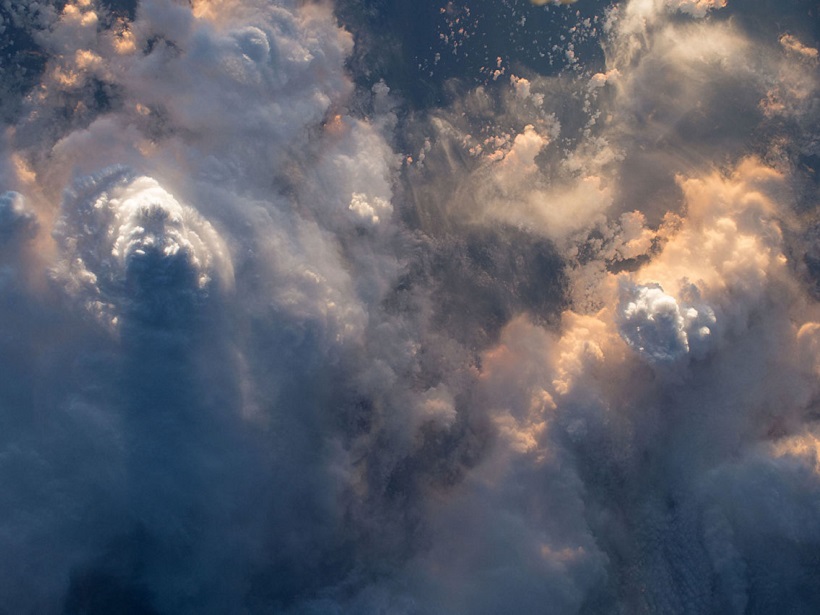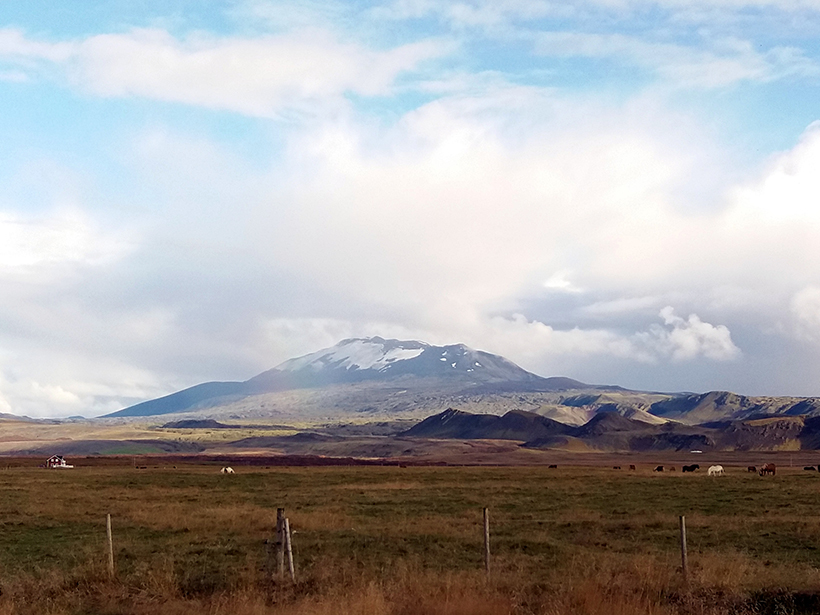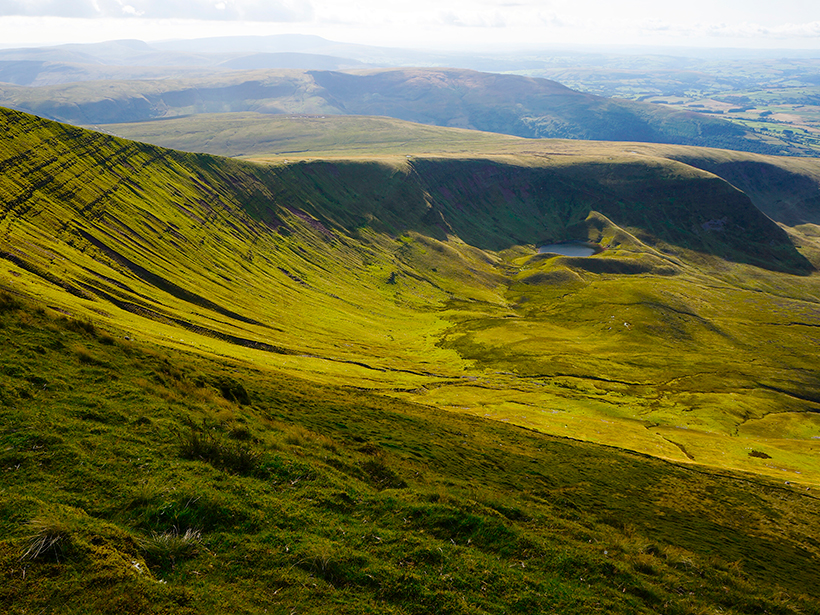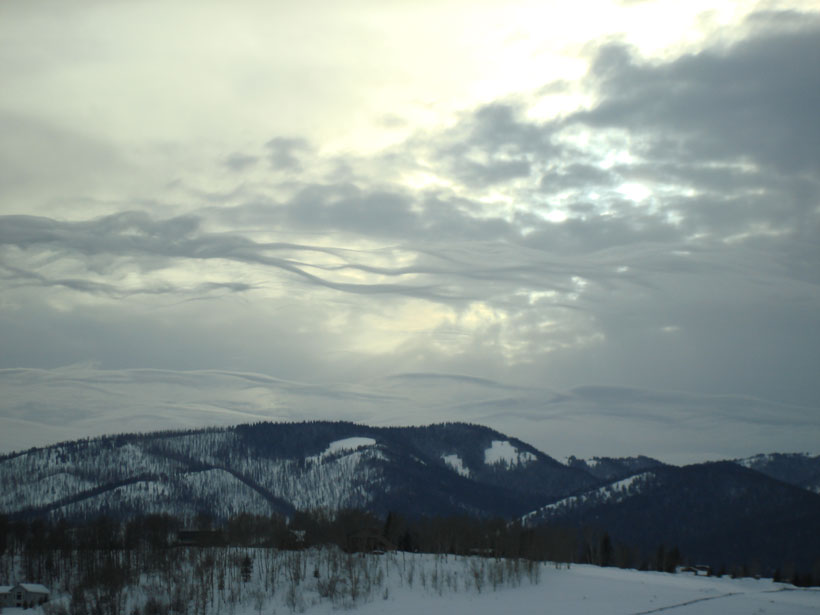When tree rings, ice cores, and cave formations can’t cut it, try your luck with whale earwax or bat poop.
Climate Change
A City’s Challenge of Dealing with Sea Level Rise
A well-developed case study in Ho-Chi Min City, Vietnam, exemplifies how other mega-cities located on deltas could face the major challenge of adapting to rising sea-level.
The Upside to a “Bad” Ozone Precursor
In Sweden’s wet heathland, scientists see how a sensitive ecosystem adapts to rising global temperatures.
Winter Conditions Are Changing Rapidly in Alpine Lake Ecosystems
LimnoAlp Workshop; Lake Cadagno, Switzerland, 10–15 September 2017
What Causes Flash Floods in the Middle East?
Researchers zero in on the large-scale meteorological processes driving extreme precipitation events in the hot, arid desert region.
Diversity of El Niño Variability Makes Prediction Challenging
The atmospheric response to El Niño, both in the Pacific region and around the world, changes with each event and is uncertain in future under the influence greenhouse gas forcing.
Nordic Workshop Takes on Major Puzzles of Paleomagnetism
8th Nordic Paleomagnetism Workshop; Leirubakki, Iceland, 30 September to 7 October 2017
Major Uncertainty in Estimates of Carbon Trapped in Soil
A new study reveals discrepancies between global databases and field measurements.
Next-Generation Climate Models Could Learn, Improve on the Fly
Scientists propose development of new models that use machine learning techniques to reduce uncertainties in climate predictions.
How Sudden Stratospheric Warming Affects the Whole Atmosphere
High above Earth’s surface, air temperatures occasionally increase suddenly, producing widespread effects on weather, air chemistry, and telecommunications.

